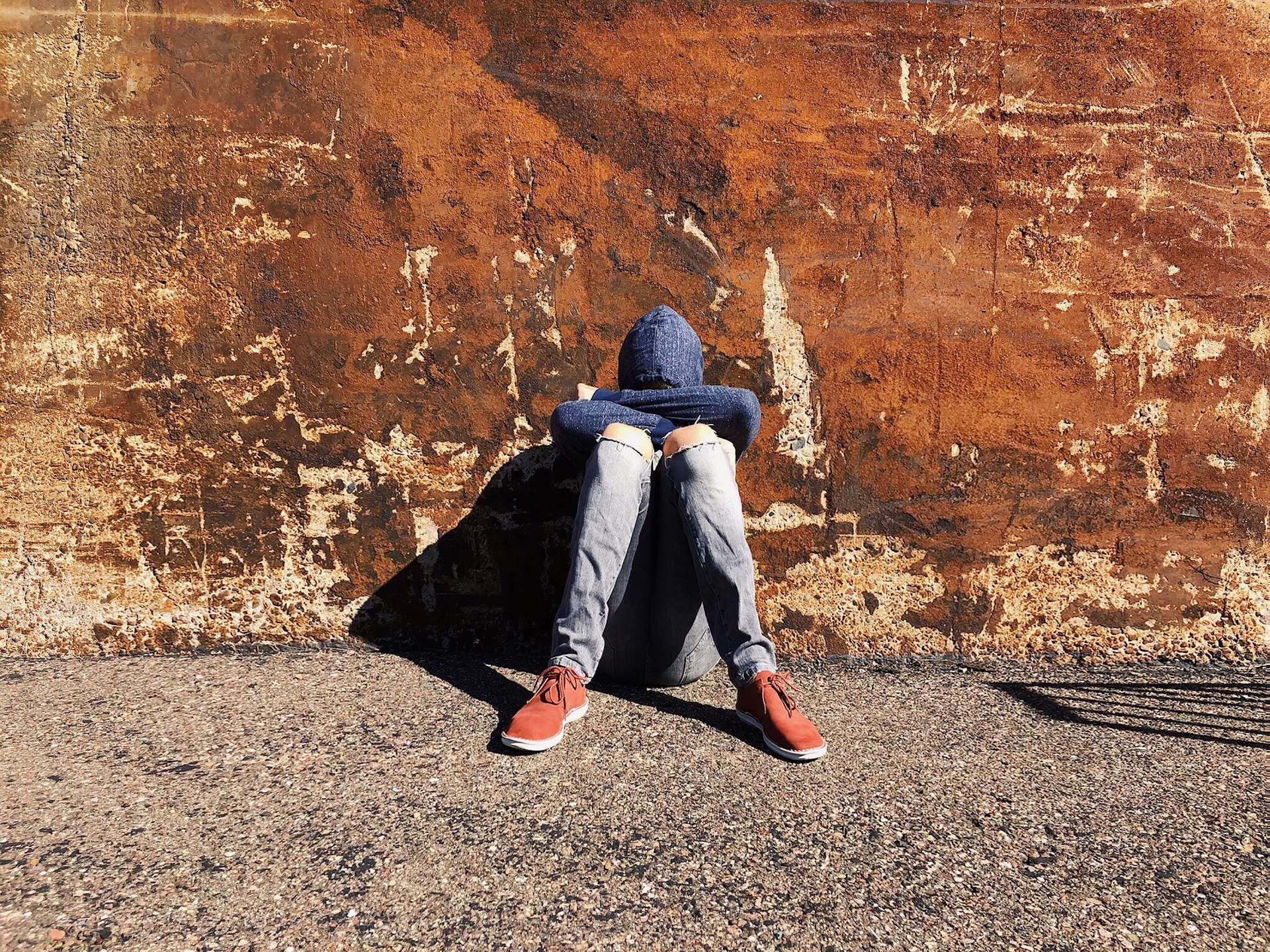

Anderson MN, Gallo CA, Passalugo SW, Nimeh JM, Buckley TA. J Athl train. 2023 [published online ahead of print, 2023 May 26]10.4085/1062-6050-0554.22.
Full text freely available
Athletes with a history of COVID-19 infection may report slightly worse depression and anxiety scores than peers without a history of COVID-19.
More than 75% of people have cognitive problems after a COVID-19 infection, and about one in three experience persistent neuropsychological effects such as depression and anxiety. It remains unclear whether athletes with a history of COVID-19 infection experience more depression or anxiety than athletes without a history of COVID-19.
The authors compared patient-reported anxiety and depression between incoming collegiate athletes with or without a history of COVID-19.
Participants were freshmen or transfer student-athletes in a more comprehensive concussion study that answered a question about their history of COVID-19 and any mental health measures. Participants reported on their mental health using the Satisfaction with Life Scale, Hospital Anxiety and Depression Scale, and State-trait Anxiety Inventory.
The authors examined 79 athletes with a history of COVID-19 and 99 without a history of COVID-19. Overall, those with a history of COVID-19 had worse depression and anxiety scores, especially among women. However, these differences were small – often less than a one-point difference. When the authors examined how many student-athletes met clinical cutoffs for depression or anxiety, almost everyone in each group (>94%) did not meet clinical cutoffs for depression or anxiety, regardless of their history of COVID-19.
Patients with a history of COVID-19 may have worse mental health outcomes than patients without a history of COVID-19. However, because many of the patients scored within normal limits, the clinical applicability of the difference may be questionable. It would have been interesting to know if the time since having COVID-19 or its severity influenced mental health outcomes among student-athletes. This type of analysis would require more student-athletes.
The authors suggested that clinicians should be aware that student-athletes with a history of COVID-19 could be at greater risk for mental health problems if another event (e.g., concussion, joint injury) occurs.
Why do you think there was such a negligible effect on athletes’ mental health after COVID-19 infection? Do you think we should be concerned about the mental health effects in athletes after COVID-19 infection?
We must break the stigma of seeking mental health care among student-athletes
Addressing the Mental Health Needs of NCAA Student-Athletes of Color: Fundamental Concepts from the NCAA Summit on the Mental Health and Well-Being of Diverse Student-Athletes
Adolescent mental health, not football, is a reason for mental health problems in adulthood
Written by Mitchell Barnhart
Reviewed by Jeffrey Driban
As a physical therapist with over 30 years of experience, I've helped countless patients identify…
Rheumatoid arthritis (RA) is a chronic autoimmune disease that follows a progressive course, typically worsening…
Discover how to alleviate Knee pain when vacuuming on carpet with our expert tips and…
Discover the best foam padding for carpet knee pain. We review top products to help…
We're analyzing Carpet vs. hard floor knee pressure to help you decide which flooring is…
Discover how Knee bursitis and carpet surfaces are connected in our Ultimate Guide. Learn the…